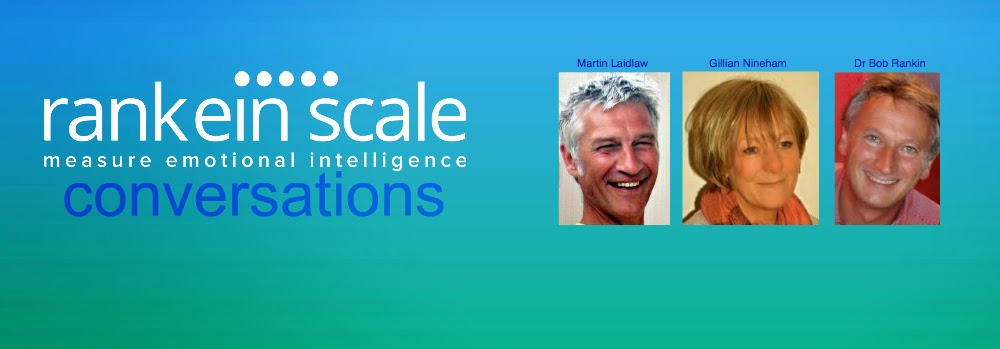
For those of us lucky enough not to need to be cared for yet, what do we imagine for ourselves when that time eventually comes? If we’re to be cared for in a care home what sort of factors will we take into account if we have the opportunity of choosing the care home where we’ll live? First impressions of the physical surroundings are clearly important. Is the home comfortable, welcoming, clean? But more importantly, what are the staff like? You can live in beautiful luxurious surroundings but if the people caring for you don’t demonstrate compassion, empathy and treat you with dignity and respect and they aren’t willing or able to spend time communicating with you and understanding and responding to your needs, your physical environment can count for very little.
So what can care home owners and managers do to make sure that they’re recruiting and retaining the best quality care staff? In our next few posts we’ll be looking at this topic in some detail and providing tips on how to recruit and retain excellent staff - the sort of staff we’d like to be looking after us when we need it.







